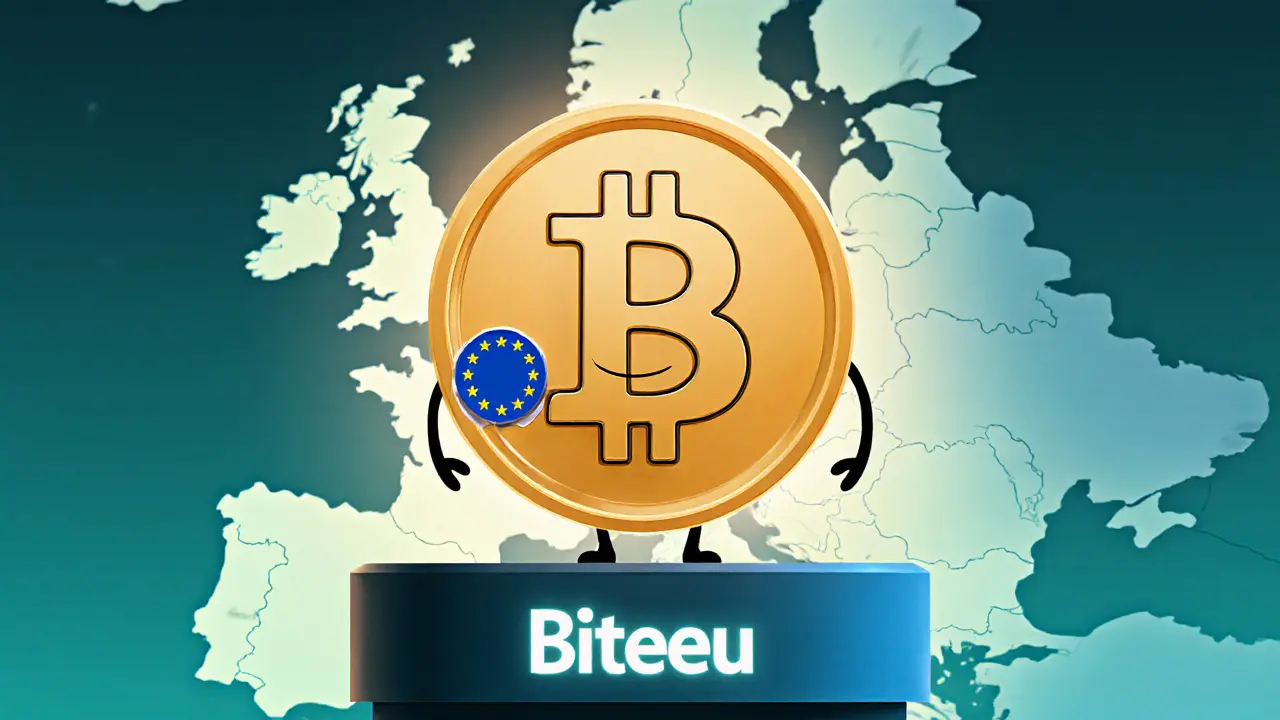EU Crypto Exchange: Rules, Reviews, and What’s Next
When dealing with EU crypto exchange, a digital platform that lets users buy, sell, and trade cryptocurrencies under European Union rules. Also known as European crypto exchange, it operates within a strict regulatory framework that aims to protect investors and ensure market integrity. The biggest driver behind that framework is MiCA, the EU Markets in Crypto‑Assets Regulation that sets standards for crypto services, from stablecoins to token offerings. MiCA influences how exchanges handle KYC, AML, and consumer disclosure, turning compliance from a optional extra into a core business requirement. In practice, this means any crypto exchange licensing, the official permit issued by national authorities for operating a crypto platform must demonstrate solid governance, capital buffers, and transparent reporting before it can open its doors to EU users.
Key Factors to Consider When Choosing an EU Crypto Exchange
First, look at the exchange’s licensing status. A valid licence from bodies like France’s AMF, Germany’s BaFin, or the Malta Financial Services Authority signals that the platform meets MiCA’s baseline requirements. Second, weigh the impact of trading volume, the total value of trades executed on a platform over a given period. Higher volume usually means tighter spreads, deeper liquidity, and a lower chance of price slippage during large orders. Third, check how the exchange handles custodial risk. Many EU platforms now offer non‑custodial options or multi‑signature wallets, reducing the chance that a single breach wipes out user funds.
Regulatory shifts also affect market dynamics. Since MiCA’s rollout, we’ve seen a noticeable dip in overall crypto trading volume across Europe, a trend explored in the post "Why Crypto Trading Volume Drops After New Regulations (2023-2025)". The data shows that stricter KYC and AML rules initially slowed down casual traders, but the same rules attract institutional players who value compliance certainty. If you’re a professional or a high‑net‑worth investor, an exchange with robust compliance pipelines can actually open doors to deeper market participation.
Beyond the big players, niche exchanges often focus on specific assets or services. For example, some platforms specialize in DeFi token listings, while others prioritize low‑fee stablecoin swaps. Understanding the exchange’s core offering helps you match it to your strategy—whether you’re hunting arbitrage opportunities, staking rewards, or simply a safe place to hold Bitcoin.
All of these angles—licensing, volume, custodial solutions, and specialized services—create a web of considerations that shape the EU crypto exchange landscape. Below you’ll find curated articles that break down each piece in detail, from jurisdiction guides and tax implications to hands‑on reviews of individual platforms. Dive in to see how the pieces fit together and pick the exchange that matches your goals.
Biteeu Crypto Exchange Review 2025 - Security, Fees, and Usability
A concise Biteeu crypto exchange review covering licensing, security features, supported assets, fees, pros/cons, and a quick comparison with Binance and Coinbase.
- 21
- Read More
